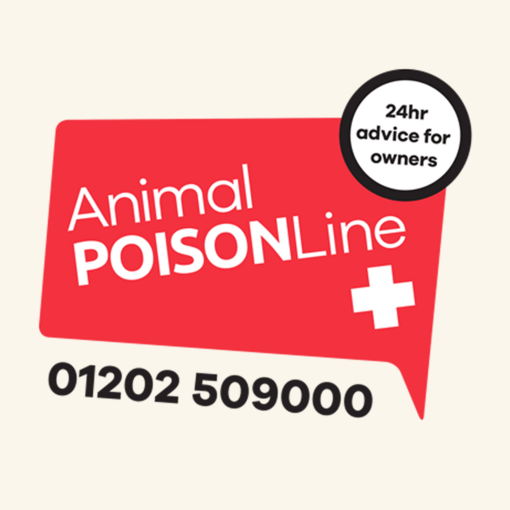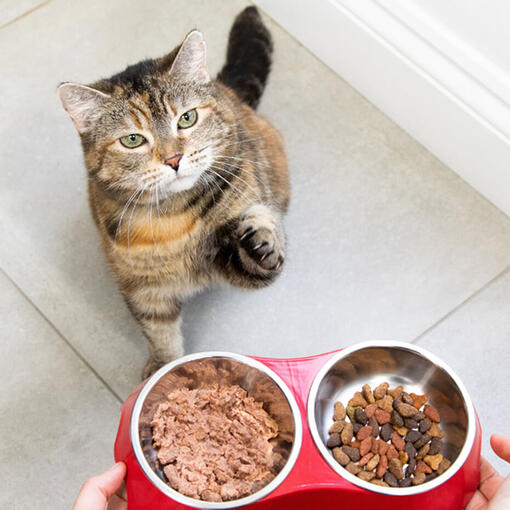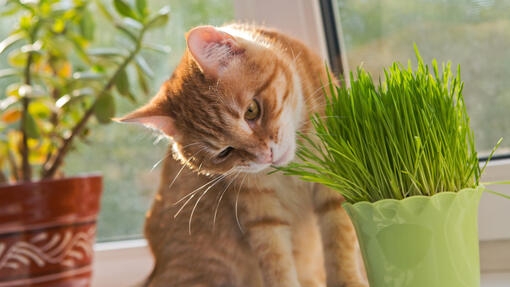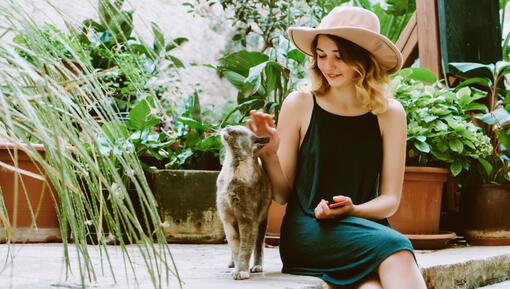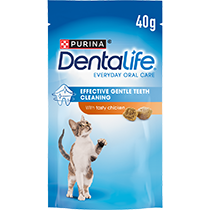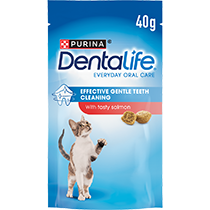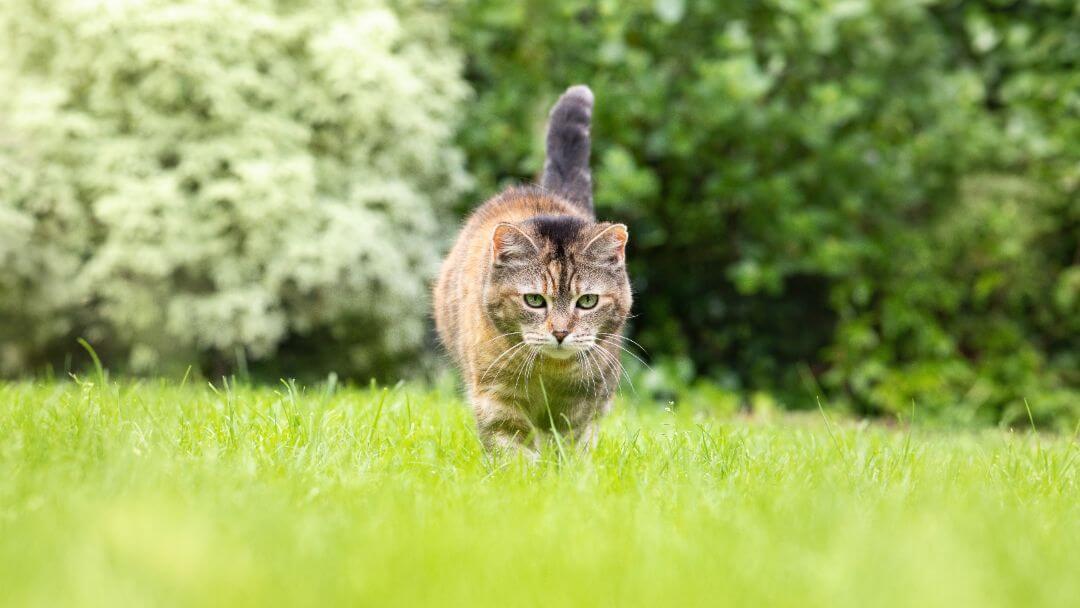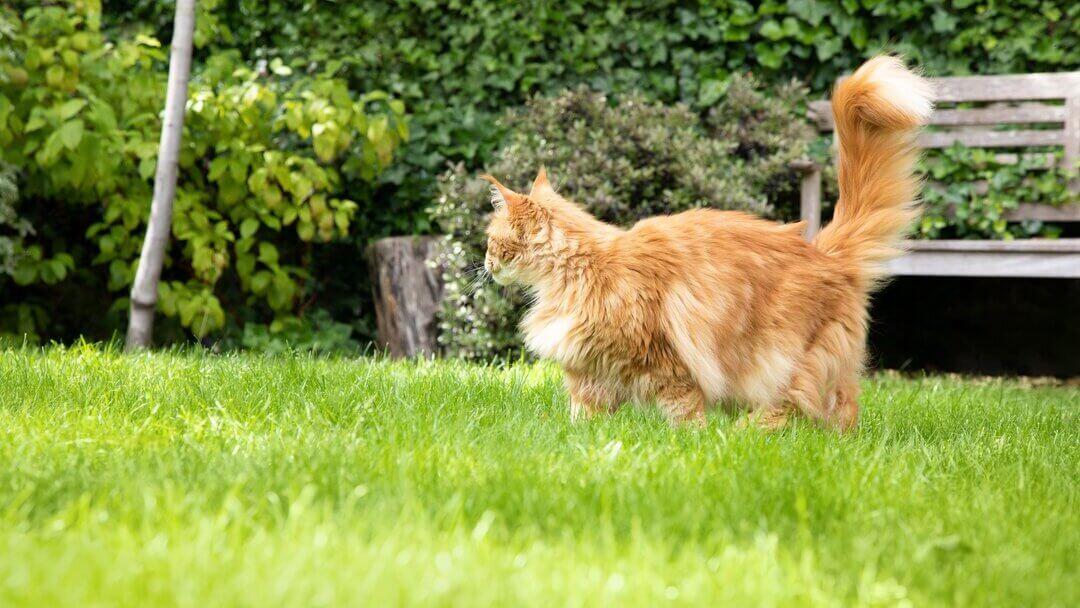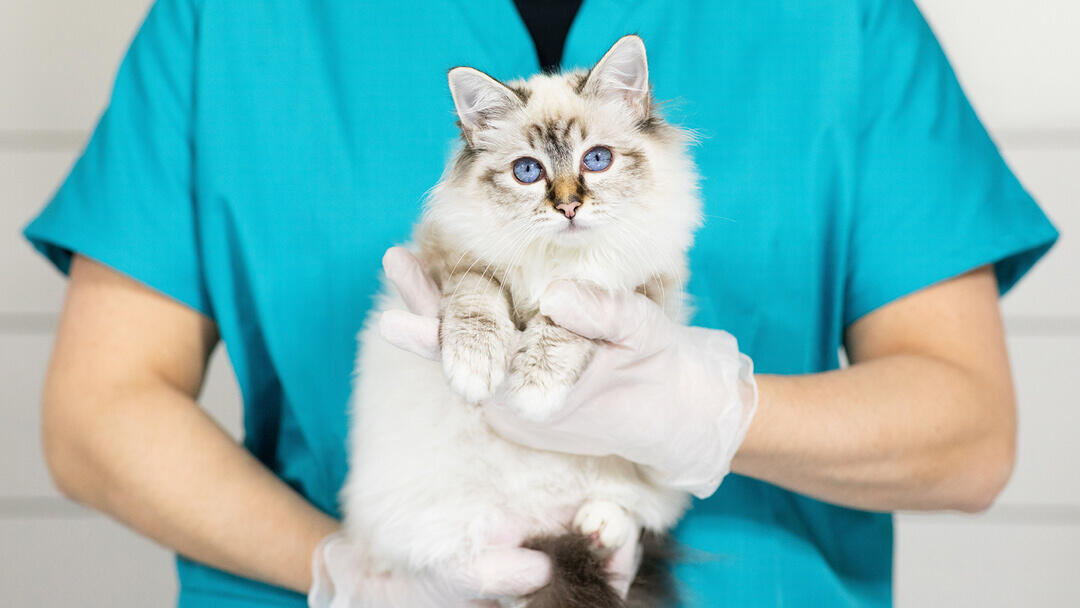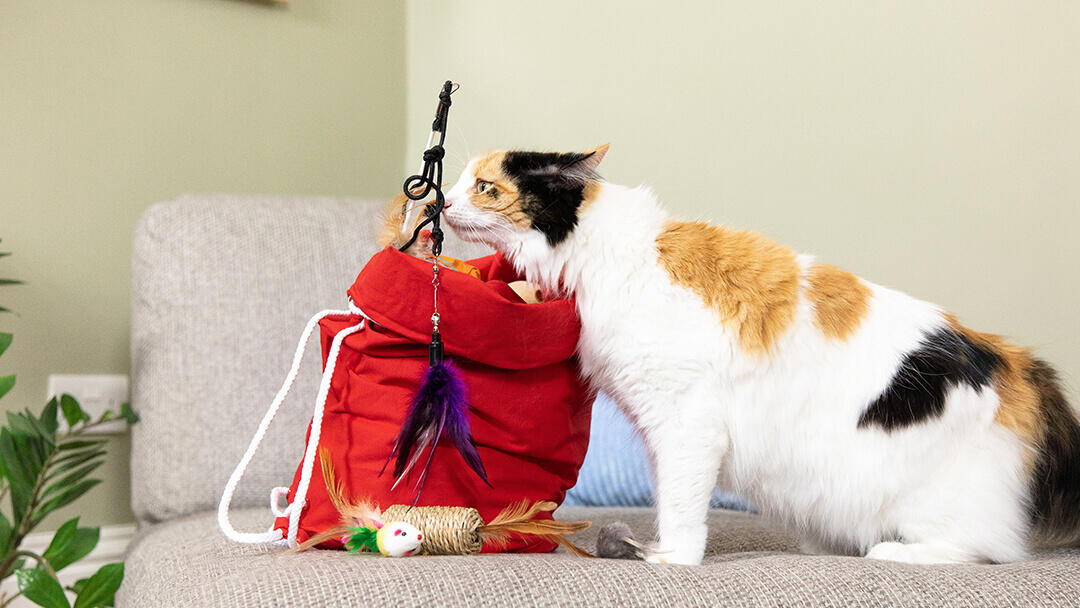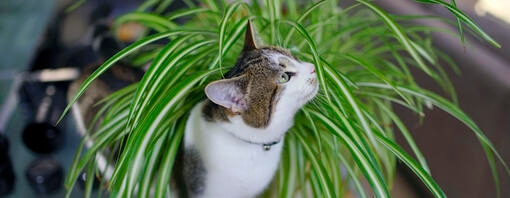
Cats are curious creatures and this investigative nature extends to just about everything in your home and garden, including your plants.
Unfortunately for you and your little pet detective, there are a number of plants poisonous to cats that you should avoid having within easy reach or – if you have a particularly good climber – having in your home altogether. Keep reading to find out which garden and house plants are poisonous to cats.
Will cats eat poisonous plants?
It depends. For most cats their instinct will be to sniff first and if it smells odd, avoid altogether. So thankfully, poisoning via plants tends to be quite rare.
There are cats who quite enjoy a nibble of foliage and may try a little munch, or they may even accidentally ingest a small bit off their coats whilst grooming. Depending on the plant, this could be enough to cause them some harm. Some plants may also cause contact irritation, meaning they could experience a reaction from just brushing against it or standing on it with their paws.
House plants poisonous to cats
If you’re bringing a plant into your home, it’s always best to double check to see if it’s dangerous for your feline first. Cats are more likely to chomp on house plants and it may surprise you but there’s a wealth of them that have the potential to be poisonous, causing anything from mild skin irritation to serious gastrointestinal issues.
Here’s the top house plants that are toxic to cats:
- Aloe Vera
- Alocasia
- Ant Plant
- Anthurium
- Arrow head vine
- Asparagus Fern
- Bird of Paradise
- Caryota Mitis
- Castanospermum
- Cheese plant
- Chinese evergreen
- Clusia
- Cyclamen
- Dracaena
- Dumb Cane
- English Ivy
- Ficus Benjamina
- Fiddle leaf fig
- Homalomena
- Iron Cross Begonia
- Jade Plant
- Kalanchoe
- Peace Lily
- Pencil Cactus
- Philodendron
- Poinsettia
- Polyscias Fabian:
- Pothos
- Rubber Plant
- Sago Palm: incredibly toxic
- Sanseviera
- Schefflera
- Tradescantia
- Yucca
- Zamioculcas
The Sago Palm is one of the most poisonous plants to cats as it contains cycasin, a naturally occurring chemical that is toxic to the nervous system and even a tiny amount can result in a wide range of health complications including acute, severe liver failure. The above list is not exhaustive and other plants can be poisonous to cats too.
Outdoor plants poisonous to cats
If you have a feline that has access to your garden, it’s best to avoid planting the following outdoor plants which are dangerous to cats. However, if you do have any of the plants on this list, always clear up any foliage after pruning and remember to keep bulbs and seeds out of reach as these can be poisonous too.
Some of the outdoor plants that are poisonous to cats include:
- Azalea
- Autumn Crocus
- Chrusanthemum
- Daffodils
- Delphinium
- Foxglove
- Fritillary
- Gloriosa Superba
- Hyacinth
- Juniper
- Lilies – all varieties. Asiatic, Easter, Japanese Show, Rubrum, Stargazer, Red, Tiger, Western Wood and Day lilies are amongst the most poisonous types.
- Lily of the Valley
- Nerium Oleandar
- Nicotiana
- Ornithogalum Umbellatum
- Rhododendron
- Rhubarb
- Tomato Plant
- Tulips
- Vinca Minor
- Yew
It’s worth noting that out of all of the above plants, lily is among the most poisonous. All parts of the lily are toxic if ingested and even the smallest amount can cause severe problems. Although it’s very unlikely your cat will eat it, they may rub against it, get pollen on their coat and then lick it off whilst cleaning their fur.
If you have cats, it’s always best to avoid having lilies in your home (this includes bouquets of flowers too) and garden as it’s better to be safe than sorry.
Signs of plant poisoning in cats
If your cat has ingested a poisonous plant, they may experience the following symptoms:
If your cat starts exhibiting any of the above signs, contact your vet right away. If possible, take a sample of the plant you think they’ve eaten with you as this may help your vet to identify if your cat has been poisoned and determine the best approach forward based on the poisonous plant in question.
Note: the above list of plants toxic to cats is non-exhaustive and you should always check before bringing any plant into your home or garden if you have a four-legged friend.
That’s our guide to garden and house plants dangerous to cats. Want more advice on making your home as safe as possible for your feline? Read our guide on making your garden cat friendly, next.


